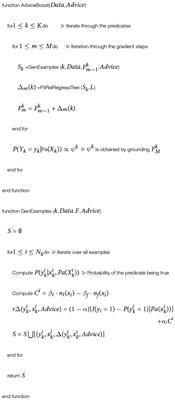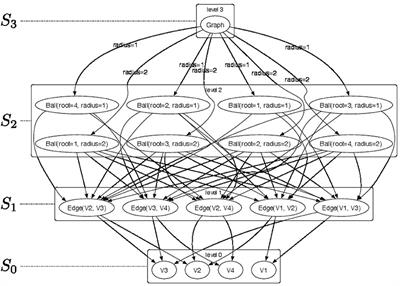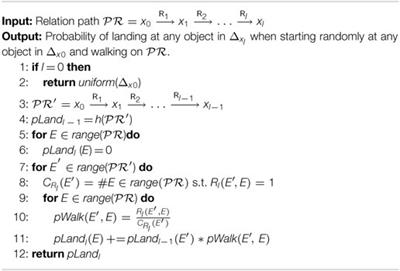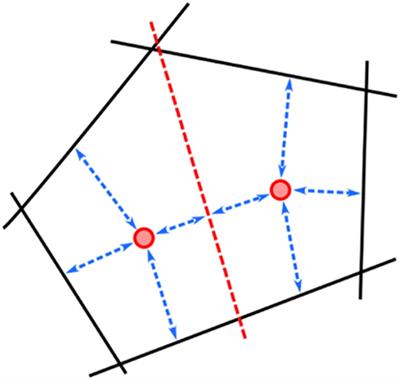EDITORIAL
Published on 30 Jul 2019
Editorial: Statistical Relational Artificial Intelligence
doi 10.3389/frobt.2019.00068
- 3,578 views
- 6 citations
4,070
Total Downloads
36k
Total Views and Downloads
You will be redirected to our submission process.
EDITORIAL
Published on 30 Jul 2019
ORIGINAL RESEARCH
Published on 03 Jul 2018

ORIGINAL RESEARCH
Published on 25 Jun 2018

ORIGINAL RESEARCH
Published on 10 Apr 2018

ORIGINAL RESEARCH
Published on 19 Feb 2018

METHODS
Published on 08 Jan 2018

